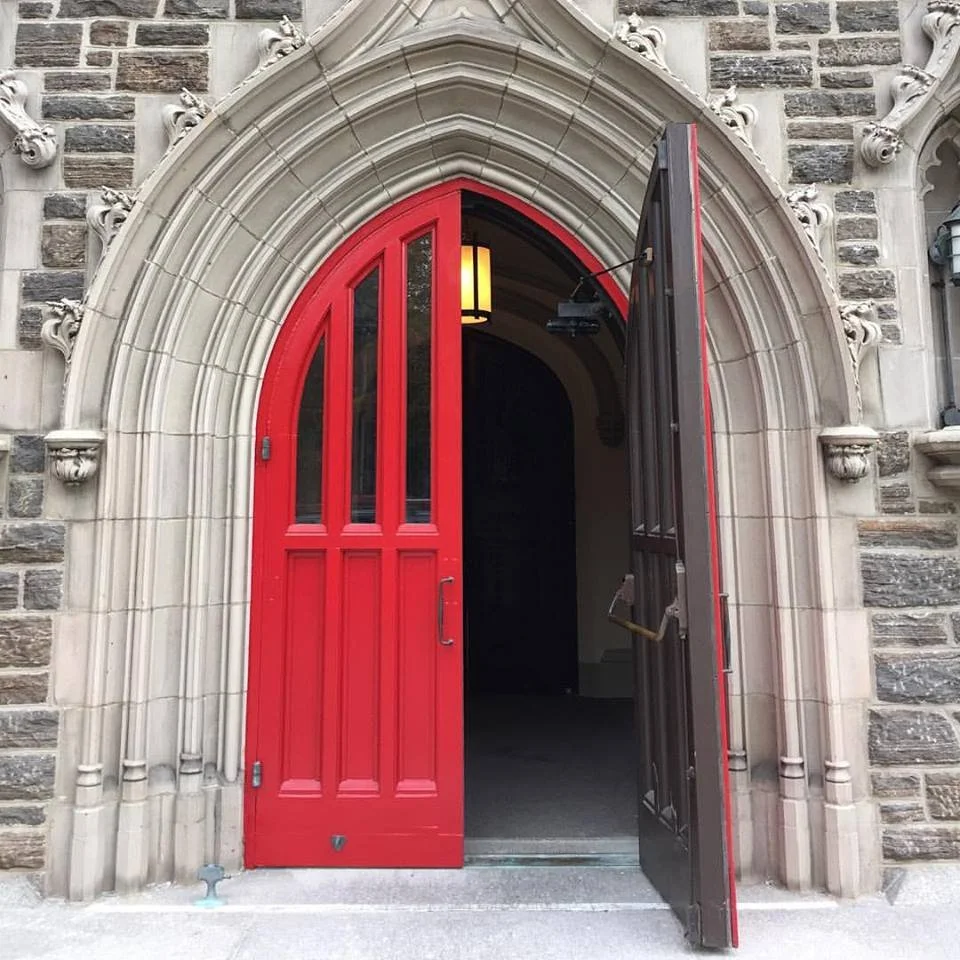Every young pastor has mentors, and I had some very good ones when I was younger. But, in retrospect, I also had a few who weren’t so good. Several leading pastors in our denomination taught that the pastor is God’s vice-regent. It’s the pastor who communes with God and learns what the church must do, they counseled, and then it’s the church’s task to humbly follow the pastor’s directives.
I became a pastor at age 21 while a college student. I arrived at my first church, albeit a part-time position, with enthusiasm, believing everyone would follow my leadership. I soon discovered though they were a sweet bunch of folks and very encouraging, I wasn’t the leader of the church—Ed was. Whatever Ed suggested was “gospel” and the congregation agreed. I regret to admit that I began to see Ed as my adversary since he was the leader and I wasn’t.
My second church was out-of-state while a student in Kentucky, and, again, I wasn’t the leader—Rachel was. And in my first church after graduating from theological school I discovered Joe was the leader, not me.
It began to dawn on me I’d found a pattern!
Leadership consultant John Maxwell later helped me understand this with his Claude story. Claude was the leader in Maxwell’s first church, and Maxwell learned to consult with Claude and try to sell ideas to him. Then Claude would take the ideas to the people and, of course, they agreed and committed to the plan. Maxwell coined the term “influencer,” and he believes every church has at least one influencer who has earned respect through wisdom and faithfulness. Sensible pastors partner with the influencers, he says, rather than fight them.
I wish I’d heard the “Claude” story earlier; I think it would’ve saved me some grief. I should’ve tried harder to be better friends with Ed and Rachel and Joe and partnered with them to advance the cause of Christ. I probably could’ve done so in most cases.
President Reagan kept a sign on his Oval Office desk. It read: “There is no limit to what a man can do or where he can go if he doesn’t mind who gets the credit.” Reagan is right. What difference does it matter who the leader is if the work goes forward?
I didn’t get to make amends with Ed and Rachel since they passed on years ago. I did talk with Joe and apologized for being young and foolish. He was gracious.
It’s important for us to grow in relationship skills with brothers and sisters in the faith since working with others is a major part of what we do as the church.





